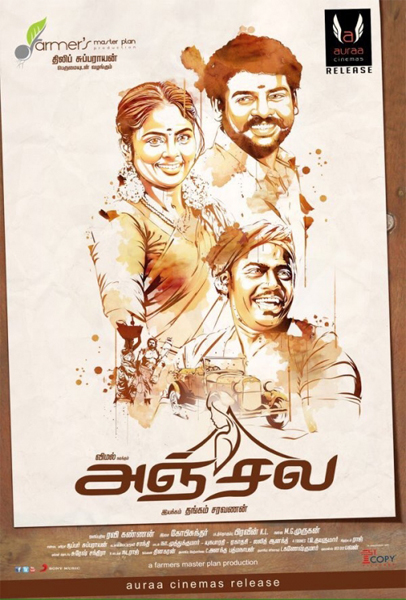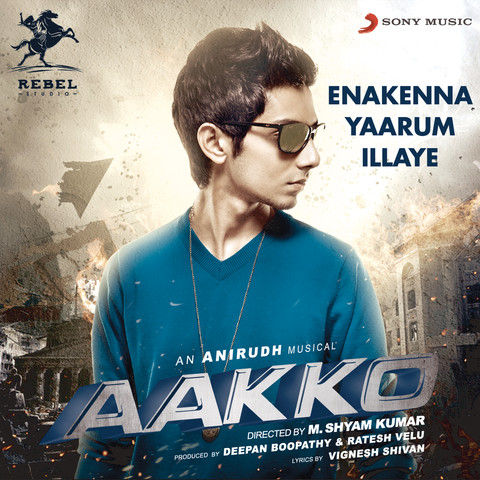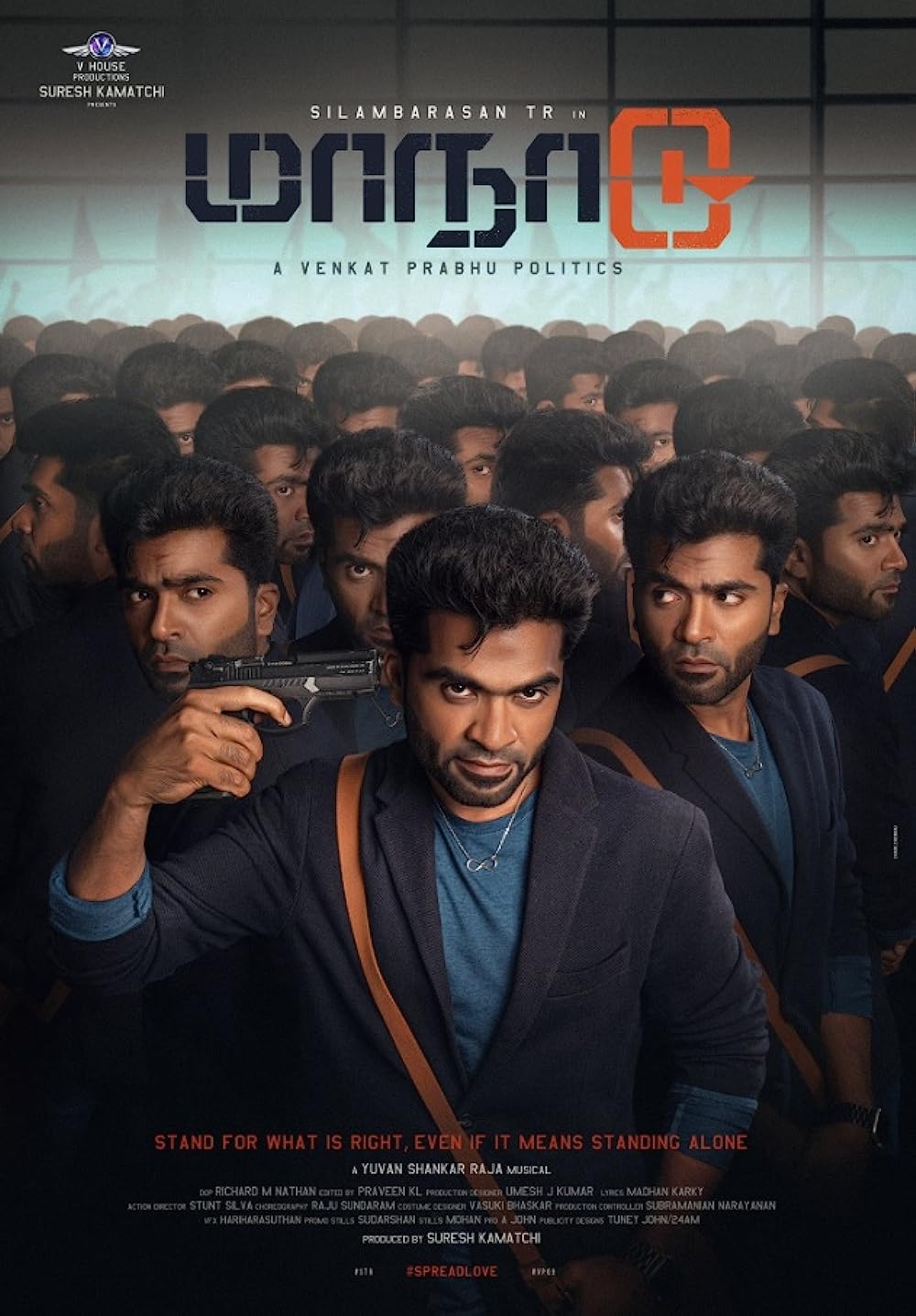Anjala
Anjala is a Tamil film from the year 2016. It integrates elements of comedy and drama to depict a story centered around familial ties and community solidarity. A central feature is a tea shop named Anjala, which forms a vital aspect of the movie’s narrative.
Plot Summary
The film Anjala unfolds with the narrative centered around a tea shop of the same name. Run by Muthirulandi (Pasupathy), Anjala is not just an ordinary shop; it is steeped in history and serves as a focal point of community engagement and interaction.
As the film progresses, it introduces the viewers to the rich tapestry of characters that frequently visit the tea shop, thus weaving in multiple sub-plots. The plot takes a major turn when a business-minded entrepreneur decides to seize the land on which Anjala stands to construct a commercial complex. His vision clashes dramatically with the sentimental values the villagers attach to the tea shop, leading to a conflict that forms the crux of the film.
The villagers, led by Muthirulandi, rise in resistance against the corporate entities to protect their beloved tea shop, Anjala. This gives way to a series of events filled with tension, drama, and humor, underscoring the village’s resolve to preserve their heritage and the memories associated with the tea shop. The story then chronicles their struggle and measures taken to save Anjala from being razed.
The film reaches its climax with the villagers and the corporate entities at loggerheads. The ending provides a satisfying resolution that emphasizes the power of community unity and the importance of preserving local heritage and traditions.
Production
The production is led by Dhilip Subbarayan under the banner of Farmer’s Master Plan Production, with script and direction entrusted to Thangam Saravanan. Anirudh Ravichander composed the music, adding a musical dimension to the storytelling, while Ravi Kannan’s cinematography captures the rustic beauty of the rural milieu.
Significantly, the film required a considerable amount of location scouting to find the perfect setting that would mirror the essence of the storyline. The chosen locale, with its verdant paddy fields and rustic simplicity, helped in creating a compelling visual narrative that resonated with the film’s themes.
The cast, including Vimal and Nandita, brought their characters to life, ensuring their performances were relatable to the audience, thereby enhancing the film’s overall impact.
Conclusion
Anjala (2016) is a film about the power of community and the value of preserving traditions. The narrative combines comedy and drama to portray a village’s resistance against corporate entities. The balanced approach avoids extreme emotional displays, making the film relatable to a wide range of viewers. The impact of Anjala continues to be relevant, offering a perspective on unity, heritage, and resilience.
For more such content, Visit the official page of Deepan Boopathy.





